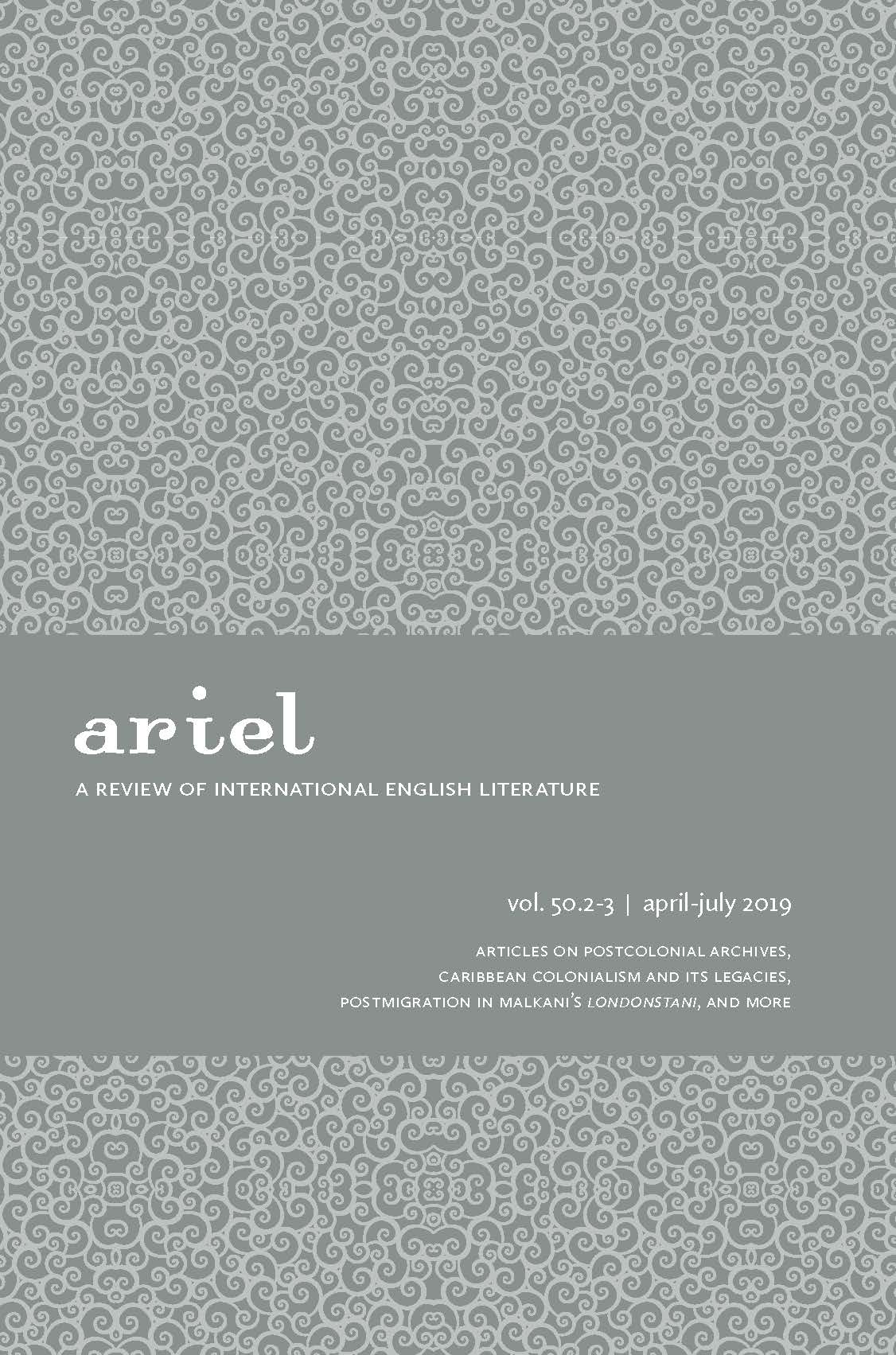"My second life, so far away from my first": Cultural Capital and the Postcolonial Outsider in The Enigma of Arrival
Keywords:
Naipaul, Bourdieu, class, postcolonial, cultural capitalAbstract
Drawing on Pierre Bourdieu’s Distinction, this paper argues that V.S. Naipaul's The Enigma of Arrival recodes British cultural capital as a degenerative form of insiderness that is revitalized by the postcolonial outsider’s mobility. The novel’s nuanced relationship to class both reflects and complicates Bourdieu’s assessment of cultural experience. The narrator’s ascent turns on a double movement: exposing and minimizing the follies of his younger, "raw" self through an older narrator who has already transcended the constraints of postcolonial outsiderness. This double movement, moreover, pressures the neatness of Bourdieu’s framework by demonstrating the geographical and social dislocations that both limit and enable the postcolonial subject. In other words, surviving the debilitating effects of colonialism during his childhood in Trinidad gives Naipaul’s narrator the imaginative capacity to assess the decline of the colonial center.


